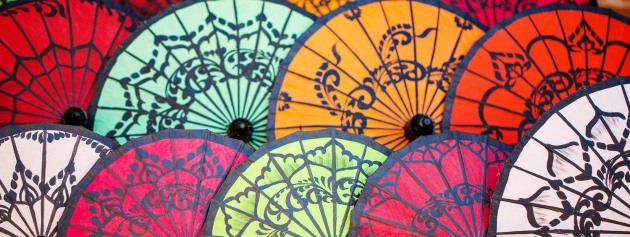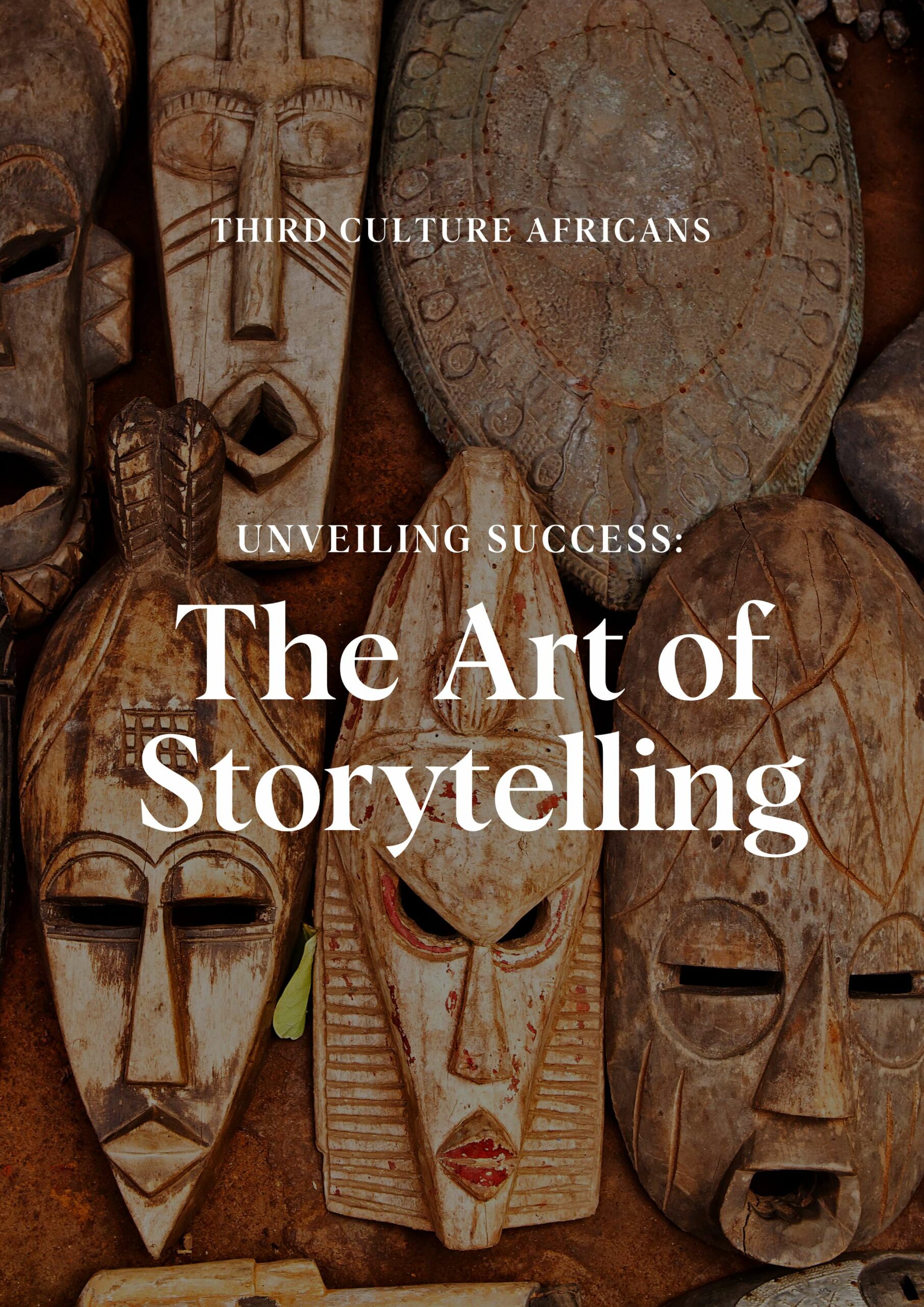In an increasingly interconnected world, the rich tapestry of global traditions offers a profound insight into the diverse cultural practices that shape human experience. “Understanding Global Traditions: A Journey Through Cultural Practices” embarks on an exploration of the myriad customs, rituals, and beliefs that define communities across the globe. This article delves into the significance of these traditions, which serve not only as a means of preserving heritage but also as a vital source of identity and continuity for many societies. By examining various cultural practices—from the vibrant festivals that mark seasonal changes to the solemn rites of passage that signify personal milestones—readers will gain a deeper appreciation for the values and histories that underpin them. Moreover, understanding these traditions fosters a sense of empathy and connection among disparate cultures, highlighting the universal themes of love, respect, and resilience that resonate across borders. As globalization continues to influence cultural exchange, this journey invites readers to reflect on the importance of honoring and safeguarding these traditions, ensuring that the wisdom of the past is not lost in the modern age. Through this lens, the article aims to illuminate the intricate dance of traditions that unites humanity in its diversity.
Exploring significance of cultural rituals.
Cultural rituals serve as vital expressions of identity and community, offering insights into the values, beliefs, and histories of various groups. These practices often play a pivotal role in marking significant life events, such as births, marriages, and funerals, thereby reinforcing social bonds and communal ties. Through the repetitive enactment of rituals, individuals are not only reminded of their shared heritage but are also educated about the moral and ethical principles that underpin their society. Consequently, cultural rituals become a medium through which knowledge is transmitted across generations, preserving traditions while adapting to contemporary contexts.
The significance of these rituals transcends mere tradition; they often function as a means of coping with life’s uncertainties and transitions. In times of crisis, rituals provide a framework for expression and support, allowing individuals to navigate emotions and seek solace within their communities. Furthermore, they can foster a sense of belonging, as participants feel connected to a larger narrative that encompasses their cultural history. By examining the intricate layers of meaning embedded in rituals, one can appreciate the resilience of cultural practices and their enduring relevance in a rapidly changing world.
Family roles within various cultural traditions often reflect and reinforce societal values, shaping the dynamics of family interactions and responsibilities.
Discovering diverse global celebration practices.
Celebration practices around the world reveal a rich tapestry of human experience, reflecting the unique histories and values of different cultures. From the vibrant festivals of Diwali in India, illuminating the night with lights and joy, to the solemn yet profound observance of Día de los Muertos in Mexico, which honors and remembers deceased loved ones, each celebration serves as a lens through which to view the intricacies of cultural identity. These events often encompass music, dance, food, and communal gatherings, fostering a sense of belonging and continuity among participants. By engaging in these diverse celebration practices, individuals not only affirm their cultural heritage but also create an avenue for cross-cultural dialogue and understanding.
Moreover, the evolution of these celebrations highlights the dynamic nature of cultural practices, as they adapt to contemporary influences while still maintaining core traditions. For instance, global interconnectedness through migration and technology has led to the fusion of various celebration practices, resulting in new interpretations and expressions of age-old customs. This blending of traditions allows for a richer and more inclusive understanding of cultural identity, as communities share their unique ways of celebrating life’s milestones. By examining these practices, one gains insight into the values that bind societies together, as well as the ever-changing landscape of human expression across the globe.
Understanding traditional dress around the world.
Traditional dress serves as a powerful expression of identity and heritage, embodying the values, beliefs, and histories of distinct cultures. Each garment, whether it’s a kimono from Japan, a sari from India, or a kilt from Scotland, carries with it stories of the people who wear it. These clothing styles often incorporate symbols that reflect cultural narratives, showcase craftsmanship, and highlight local resources, such as textiles unique to a region. In many cultures, traditional attire is not merely a fashion choice but a statement of pride, representing an individual’s connection to their community and the continuity of ancestral practices.
Furthermore, traditional dress plays a significant role in rituals and significant life events, such as weddings, religious ceremonies, and festivals, adding layers of meaning to these occasions. As societies evolve, so too does their attire, blending modern influences with age-old customs. This interplay between tradition and innovation allows for the preservation of cultural heritage while also embracing change, ultimately enriching the global narrative of human expression through clothing. By exploring the diverse forms of traditional dress, one can gain deeper insights into the values, histories, and social structures that shape communities around the world.
Examining family roles in traditions.
Family roles within various cultural traditions often reflect and reinforce societal values, shaping the dynamics of family interactions and responsibilities. In many cultures, specific roles are assigned based on factors such as age, gender, and lineage, dictating how individuals participate in rituals, celebrations, and everyday life. For instance, in certain Indigenous cultures, elder members of the family are revered as custodians of wisdom and tradition, playing a pivotal role in passing down stories, practices, and knowledge to younger generations. This intergenerational exchange is crucial for the preservation of cultural identity and ensures that important customs are maintained and adapted over time.
Additionally, the organization of family roles can influence how traditions are celebrated and observed. In some cultures, the matriarch or patriarch may be responsible for orchestrating family gatherings, ensuring that traditions are upheld, while in others, collective participation from all family members is emphasized, fostering a sense of unity and shared responsibility. Such dynamics not only illuminate the importance of family within the context of cultural practices but also highlight how changes in family structures—due to migration, modernization, or social transformations—can impact the evolution of these traditions, creating new interpretations and expressions of cultural heritage.

Check Out Our Podcast!
Learning about local culinary customs.
Different regions often boast unique ingredients, preparation techniques, and dining etiquette that offer insights into their cultural identity. For instance, in Mediterranean cultures, mealtime is frequently seen as a communal activity, emphasizing the importance of sharing food and strengthening family bonds. The use of local herbs and vegetables not only highlights the agricultural practices of the area but also showcases the seasonal rhythms that influence what is consumed.
Moreover, local culinary customs can reveal deeper social dynamics, such as class distinctions and historical influences. In many societies, traditional dishes are often tied to specific ceremonies or festivals, showcasing the significance of food in ritualistic contexts. For example, the preparation of certain foods during harvest celebrations can reflect gratitude for the land’s bounty, while the use of specific spices may evoke a history of trade and cultural exchange. By exploring these culinary traditions, individuals gain a greater appreciation for the ways in which food acts as a lens through which cultural narratives are expressed and preserved.
Unpacking the art of storytelling.
Storytelling serves as a powerful medium through which cultural values, beliefs, and historical experiences are conveyed. It acts as a bridge connecting generations, allowing the past to inform the present while fostering a sense of identity among community members. Various forms of storytelling, whether oral traditions, written narratives, or performance arts, reflect the rich tapestry of human experience and the diverse ways people interpret their world. Through the use of symbols, metaphors, and archetypes, storytellers not only entertain but also educate, provoke thought, and encourage empathy among audiences.
In many cultures, storytelling transcends mere entertainment; it plays a crucial role in preserving traditions and imparting morals. For instance, folktales often carry lessons about community values, ethics, and the consequences of human actions, serving as guides for behavior within a society. Additionally, storytelling can adapt to contemporary contexts, allowing ancient narratives to resonate with modern audiences while retaining their core messages. This adaptability underscores the enduring significance of storytelling as a cultural practice, reinforcing the interconnectedness of individuals within their communities and fostering an appreciation for the shared human experience.
Identifying unique holiday observances globally.
Across the globe, unique holiday observances reflect the rich diversity of cultural heritage and shared human experiences. Each celebration often stems from historical events, agricultural cycles, or religious beliefs, creating a tapestry of traditions that vary significantly from one region to another. For instance, the Indian festival of Diwali symbolizes the victory of light over darkness and is marked by vibrant displays of lamps and fireworks, while the Japanese festival of Hanami celebrates the transient beauty of cherry blossoms with communal picnics under blooming trees. These observances not only highlight the distinctive values and stories within each culture but also serve as opportunities for communities to come together, fostering bonds that transcend individual differences.
Moreover, unique holidays often incorporate local customs, flavors, and practices, offering a glimpse into the everyday lives of people. For example, Mexico’s Día de los Muertos honors deceased loved ones through colorful altars adorned with offerings, while the Philippines celebrates Pahiyas Festival to pay homage to the patron saint of farmers with an extravagant showcase of rice and colorful decorations. Such observances are essential in preserving cultural narratives and promoting intercultural understanding, as they invite individuals from various backgrounds to appreciate the distinctive ways in which communities celebrate life, remember their histories, and express their identities.
Appreciating music's role in traditions.
Music serves as a vital thread that weaves through the fabric of many cultural traditions, encapsulating emotions, stories, and identities in a way that transcends language. In various societies, music is not merely an art form but a communal experience that accompanies rituals, celebrations, and important life events. For instance, during weddings in many cultures, traditional songs and dances are performed to mark the union, symbolizing the joyous occasion and reinforcing social bonds. In African tribal ceremonies, rhythmic drumming can communicate messages, celebrate achievements, or invoke spiritual presence, illustrating how music functions as a means of expression and connection within the community.
Additionally, folk songs and traditional melodies often carry historical significance, preserving the narratives of a people across generations. In places like Ireland, for example, traditional music is deeply intertwined with the country’s history, serving as a medium through which stories of struggle, resilience, and joy are conveyed. By engaging with these musical traditions, individuals can cultivate a deeper understanding of their cultural roots and the shared experiences that define their communities. As such, music not only enriches cultural practices but also plays an essential role in nurturing collective memory and identity, fostering a sense of belonging and continuity across time and space.
In conclusion, the exploration of global traditions reveals the rich tapestry of cultural practices that shape human experiences across the world. By understanding and appreciating these diverse customs, individuals can foster greater empathy and respect for different ways of life. The journey through various cultural practices not only highlights the uniqueness of each tradition but also emphasizes the shared values that unite humanity. As society becomes increasingly interconnected, it is essential for individuals to continue learning about and engaging with global traditions, as this understanding can pave the way for more harmonious interactions and collaborations in an ever-evolving world.


